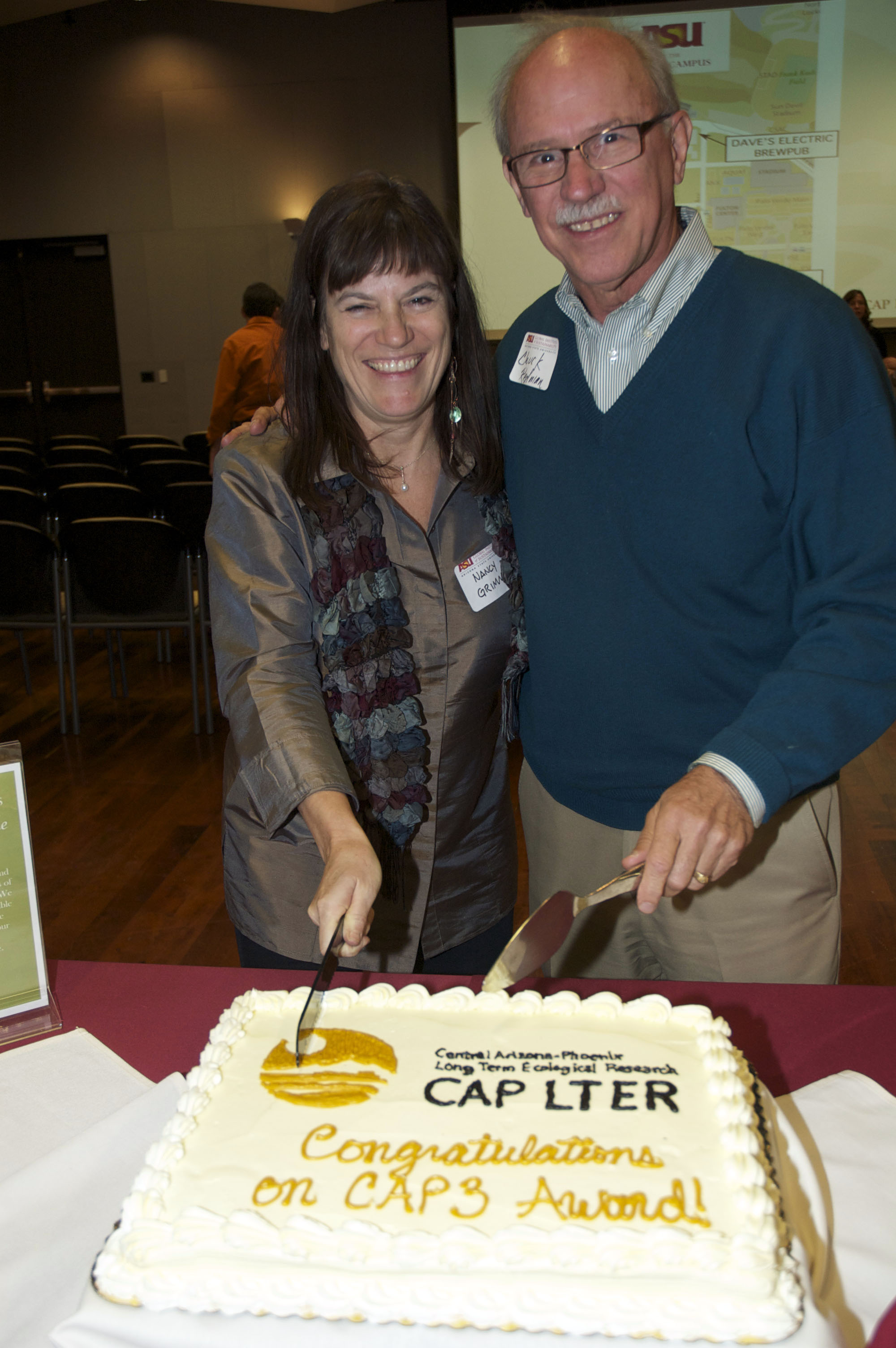Eleven ASU graduate students are winners of the spring 2011 CAP Graduate Grants. CAP makes these $4000.00 awards on a competitive basis to graduate students who submit outstanding proposals for CAP-related research. A panel of previous grant winners reviews each application and makes funding recommendations to CAP’s Director, Dan Childers, who makes the final funding decisions in consultation with the CAP Executive Committee.
Notable among this year’s winners are three joint research studies, indicating the interest among students in collaborative research. Funding from all of these spring 2011 awards will allow grantee graduate students to conduct important research over the summer months and into the next academic year.
There are two competitions per year for CAP Graduate Grants. The next competition will commence in October 2011, and competition announcements will be circulated to the CAP community via e-mail.
The spring 2011 award winners and the titles of their research are:
Jeff Ackley, “Does the urban heat island impact desert lizards?”
Yevgeniy Marusenko and Karl Wyant, “Dynamics of urban biogeochemical cycling coupled with the interactions between soil microbial communities, the belowground food web, and land-use type in an arid ecosystem”
Shai Kaplan and Chao Fan, “Actual evapotranspiration estimation for different land use and land cover in a desert city: Sensitivity to drought”
Patricia Trubl, “The ecology of the Western black widow spider, Latrodectus hesperus, along a desert-urban continuum: From desert loner to urban pest”
Christopher Gallati and John Connors, “Characterizing spatial structure in Phoenix and its implications for
ecosystem services”
Genevieve Metson, “Drivers of change in the urban-agricultural interface and their impact on phosphorus dynamics: A long-term study of Maricopa County, Arizona”
Scott Robinson, “Fingerprinting urban sediment sources in Indian Bend Wash with implications for nutrient cycling in an artificial lake chain”
Alex Hamilton, “Soil organic and black carbon concentration, photo-oxidation, and chemical functionality of central Arizona surface and sub-surface soil”


